AstraZeneca Covid-19 vaccine probe over blood clot case
Medicines regulator investigating probable link between the AstraZeneca vaccine and Melbourne man, 44, with blood clots.
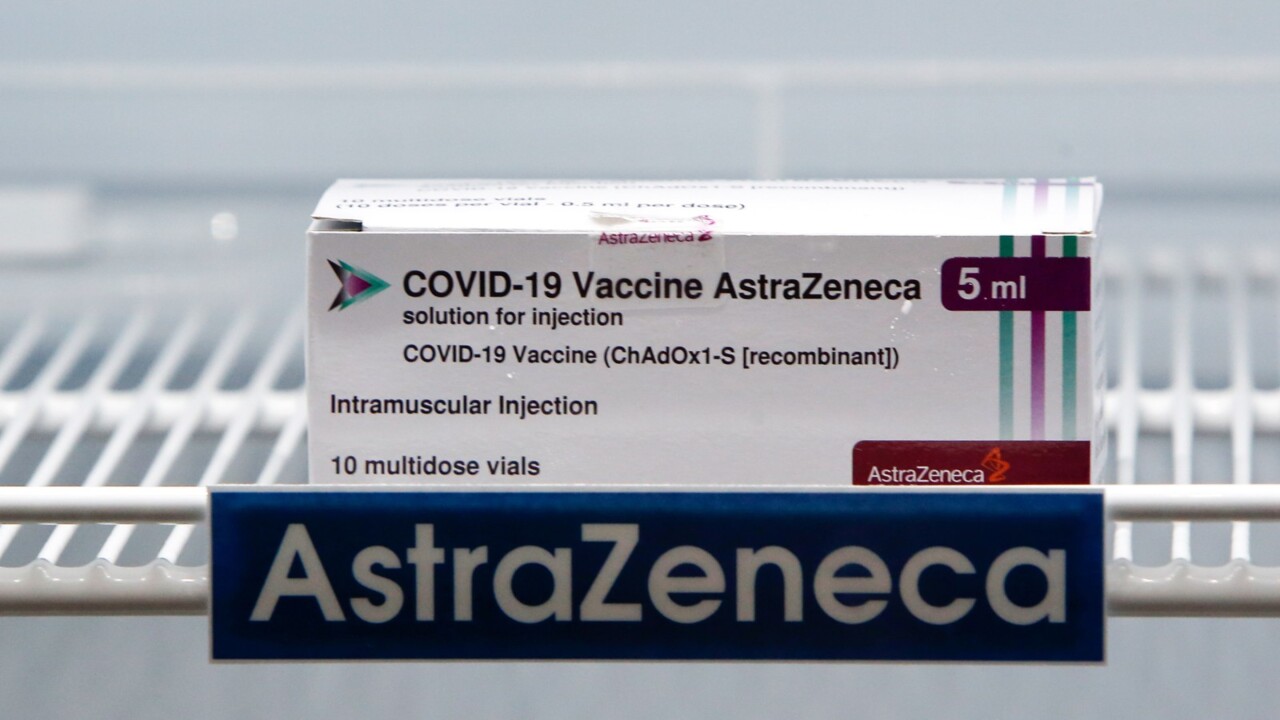
Australia’s medicines regulator has launched an investigation into a probable link between the AstraZeneca vaccine and a 44-year-old man who was hospitalised with blood clots more than a week after receiving the dose.
The Therapeutic Goods Administration was in urgent discussions on Friday with its British counterpart after the Melbourne man was hospitalised with low blood platelets, a symptom of internal bleeding, which mirrored a series of European cases.
Acting chief medical officer Michael Kidd said: “We are taking this potential risk very seriously.”
Britain has reported 22 cases of the rare condition cerebral venous sinus thrombosis (CVST) following vaccination with AstraZeneca, and eight reports of other thrombosis events with low platelets, out of a total of 18.1 million vaccines administered.
The Australian Health Protection Principal Committee will on Saturday consider advice formulated late on Friday by the Australian Technical Advisory Group on Immunisation in response to the Melbourne case.
While a causal link between the syndrome and vaccination has not been established, the Australian government has advised doctors to be on alert for the warning signs of thrombosis and low platelet count. Any patients suspected of having the rare but severe condition should be referred to an emergency department for urgent assessment and haematology consultation.
Dr Kidd said people should not be concerned about common adverse reactions associated with vaccination in the day or two following a jab, including fever, sore muscles, tiredness and a headache. But he said if symptoms continued beyond a few days, people should seek prompt medical advice.
“People should be particularly alert to severe persistent headaches occurring four to 20 days after vaccination and which are different to the usual pattern of headaches that people may experience at other times and which do not settle with paracetamol or other over-the-counter painkillers,” Dr Kidd said.
The Melbourne man was vaccinated on March 22 and was admitted to hospital within the past couple of days suffering fever and a rash caused by a tiny haemorrhage on the skin. The man was found to have clots in his abdomen and his blood platelet count was critically low.
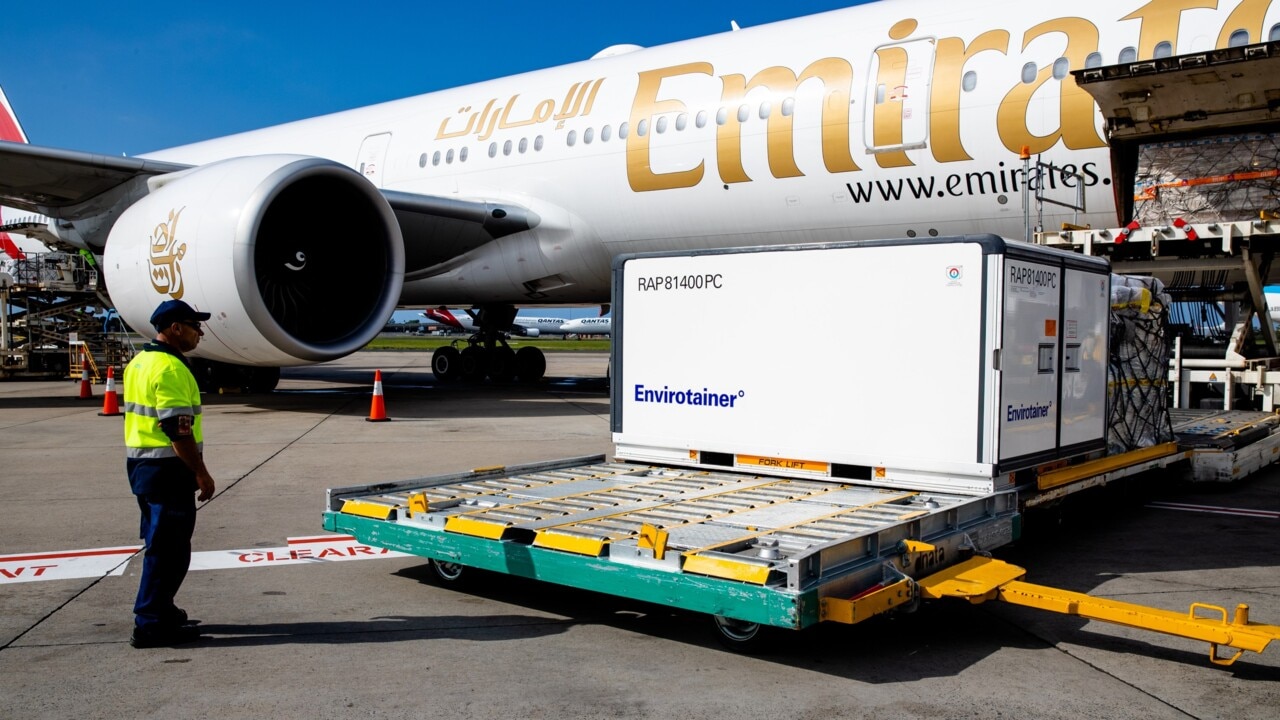
Dr Kidd said the health risk of contracting COVID-19 was greater than getting vaccinated.
“At this time, the risk of serious disease and death from COVID-19, if we experience another severe outbreak, especially among older Australians and those with severe health conditions, is far greater than the very small potential risk of a very rare clotting disorder associated with the vaccine. I acknowledge that people will be anxious and we will get more information to you as soon as we have available.”
Haematologists recognised the Melbourne man’s symptoms as a potential case of a syndrome that has been described in Germany as vaccine-induced prothrombotic immune thrombocytopenia.
The condition, which triggered Canada to suspend use of the AstraZeneca vaccine this week in people aged under 55, is associated with the creation of antibodies that can activate platelets in the blood, which then stimulate the formation of clots.
Emergency doctors have been advised by ATAGI to carry out a suite of tests on patients who present symptoms that could indicate the rare thrombotic syndrome, including ordering a full blood count, a d-dimer test that checks for blood clotting problems, and a blood test to check levels of fibrinogen, a protein produced by the liver that is essential for blood clot formation. They should also consider brain CT or MRI scans where clinically indicated to screen for CVST.
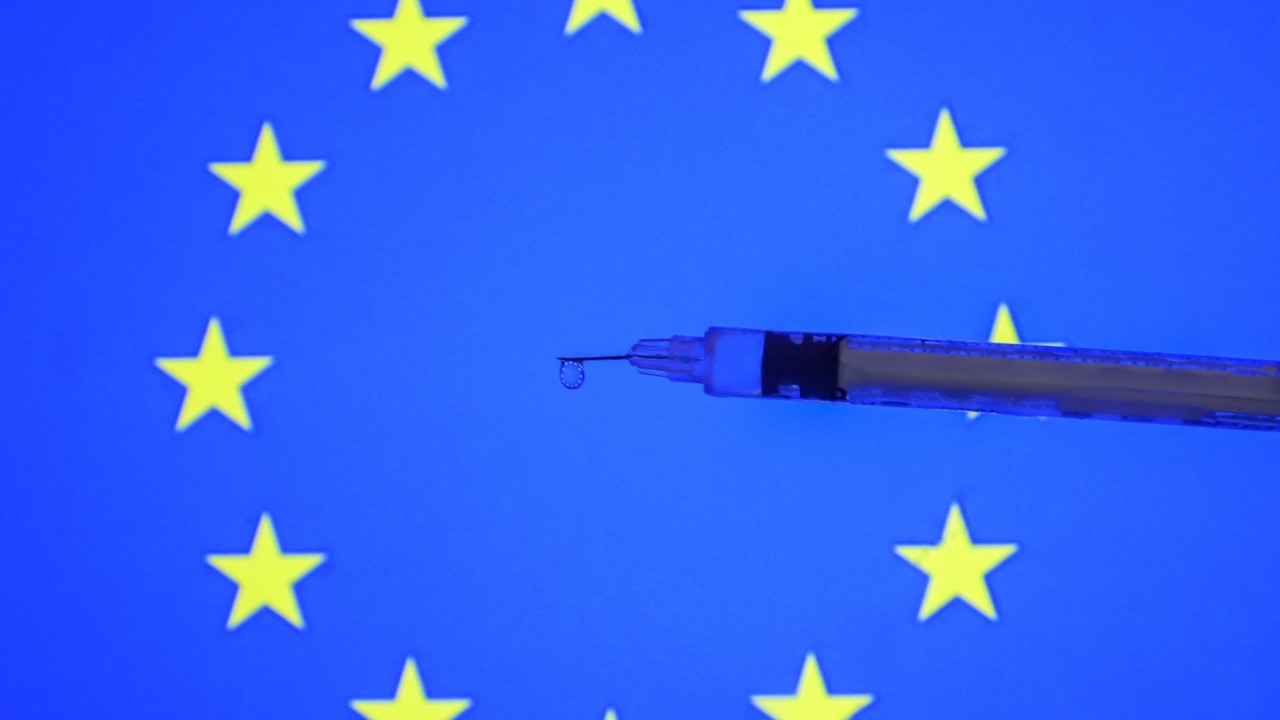
Canada’s decision to suspend AstraZeneca vaccines was in response to German concerns that, while CVST is extremely rare, incidence of the condition may be higher than initially thought at one in 100,000 cases following vaccination with AstraZeneca.
Thirty-one cases of CVST have been observed following the AstraZeneca vaccine in Germany, mostly in young women. Germany has stopped giving the jab to people aged under 60.
The European Medicines Agency is investigating any links between the condition and the AstraZeneca vaccine. Australia’s vaccine committee has found no correlation between the AstraZeneca vaccine and blood clots generally, but has said that, as a precautionary measure, people with a confirmed history of CVST should not have either the AstraZeneca or Pfizer vaccines.
The chief executive of the UK medicines regulator, June Raine, said CVST was exceedingly rare.
“The benefits of COVID-19 AstraZeneca in preventing COVID-19 infection and its complications continue to outweigh any risks and the public should continue to get their vaccine when invited to do so,” Dr Raine said.
ATAGI says in its official guidance that there is no increased risk of general thromboembolic disorders after vaccination. It recommends that the AstraZeneca and Pfizer vaccines are safe for people with a history of deep vein thrombosis or pulmonary embolism, as well as people with risk factors for thrombosis such as the use of oral contraceptives or smoking, people with low platelets, a history of cardiovascular disease and those on anticoagulant medications. However, it says that, as a precaution, people who have a medical history of CVST should not have COVID vaccines. And those with a history of heparin-induced thrombocytopenia, an immune-mediated complication of treatment with the drug heparin that affects platelet function, should also not have a COVID-19 vaccine.


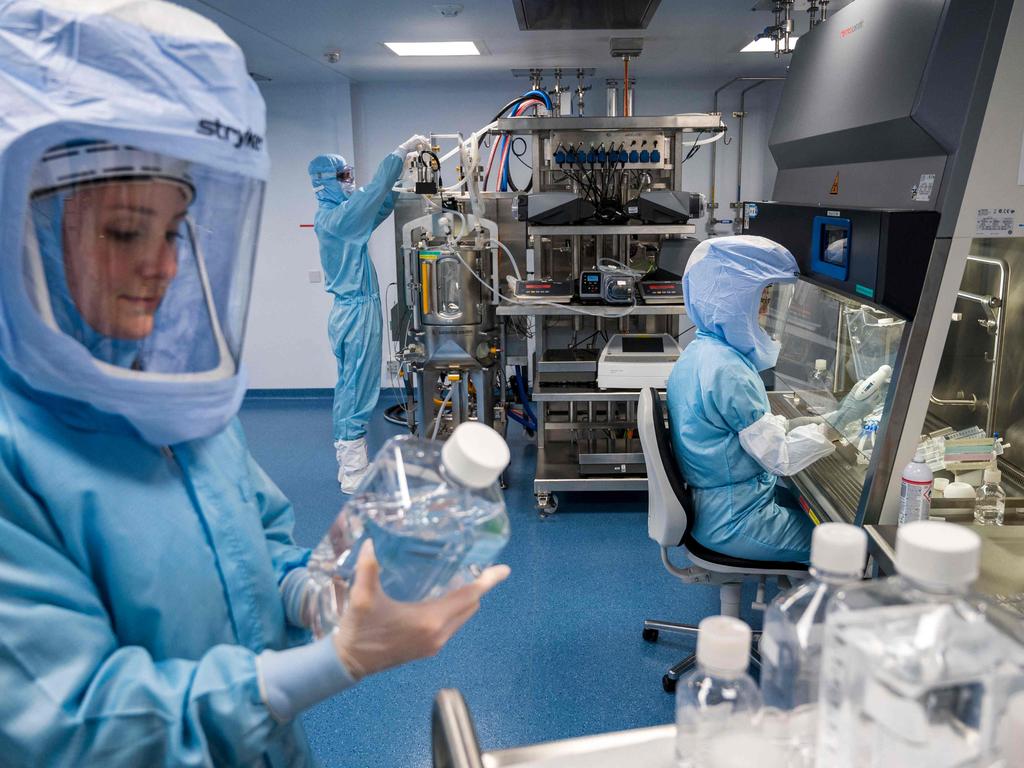
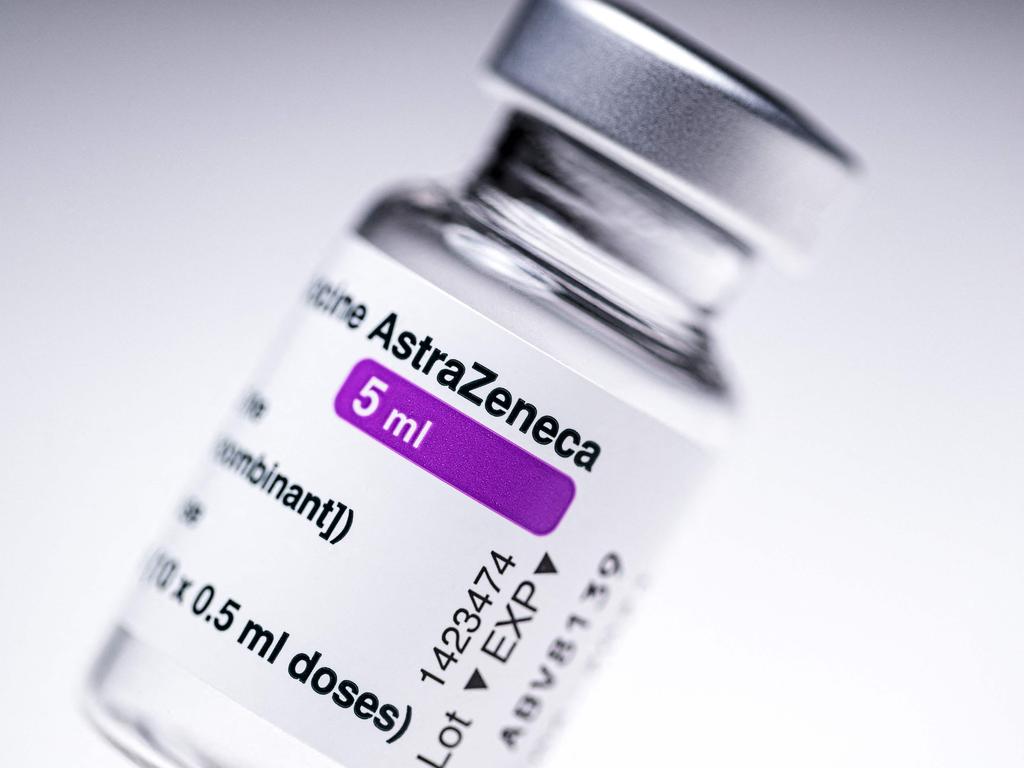

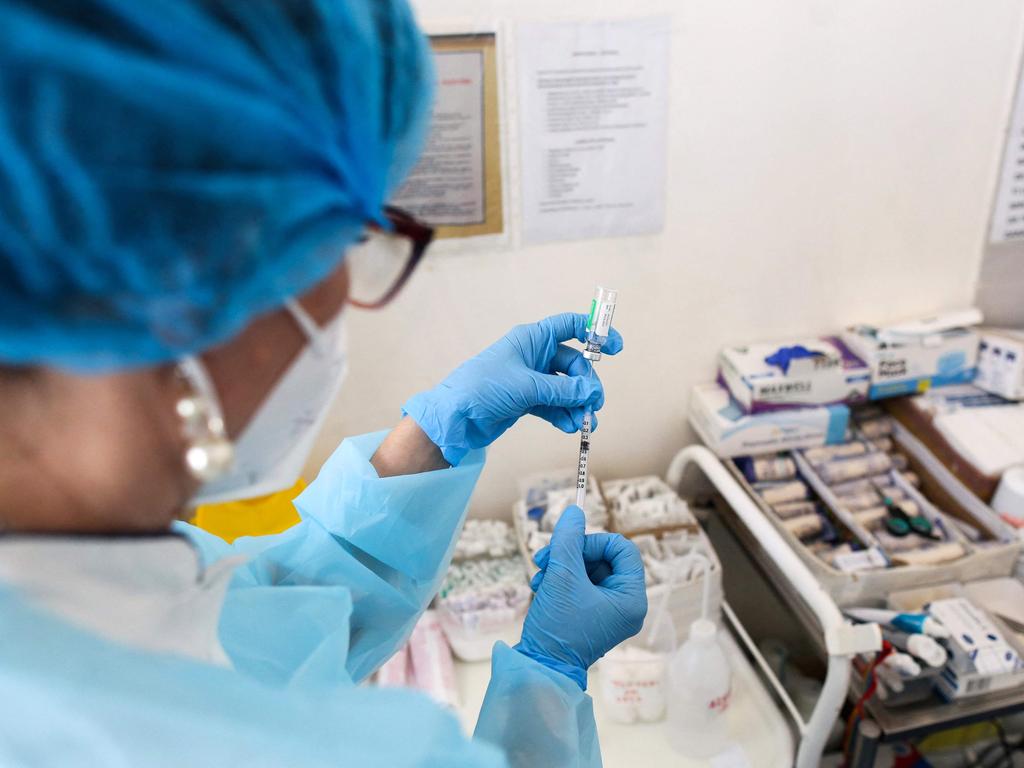


To join the conversation, please log in. Don't have an account? Register
Join the conversation, you are commenting as Logout